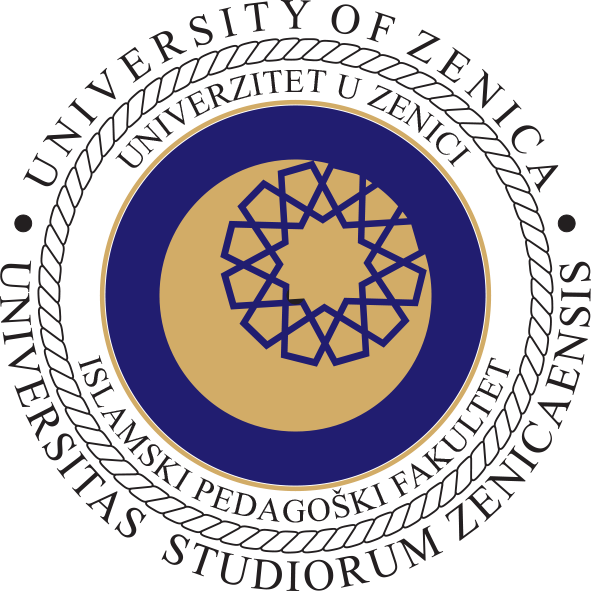Methods in logodidactics
We learn how to speak as we learn anything else in our life. The possibility of occurrence of speech deformities that are difficult to correct is decreased when the development of speech is planned and done systemically. Even in preletter phase of study children should be trained to communicate fluently, correctly and nicely. Basic speech component...
By Hazema Ništović
Importance of communication for professionalism in education
Today, a teacher’s professional development is said to be a process that includes different experiences, that of a pupil, student, parent, other co-workers and teachers themselves. The term socialization is more often used. Its use in this context should broaden the meaning of the term teacher’s professional education to all processes and contexts ...
By Dževdeta Ajanović
Characteristics of connecting hamza-wasla interpretations at the morphological word
Connecting hamza-wasla is defined as a special type of a bound grammatical morpheme. Its primary function is conditioned by phonetically-phonological rules and is manifested through facilitating the pronunciation of a certain word when, to a certain extent, it has some function in formally-grammatical changes but not in the creating a new meaning. ...
By Mejra Softić
Applicabilities of a scientific method in the research of religiosity
The expansion of psychologists’ interests, for religious aspects of human existence, appeared a few decades ago, which is quite surprising, considering presumed importance of a religious domain in human life. However, despite a great interest for the phenomenon of religiosity this expansion in scientific study of religiosity did not bring any impor...
By Dženan Skelić
Israiliates and tafsir
The term israiliates is frequently mentioned in tafsir literature. Scientists relate the origin of israiliates to the early period of Islamic history, to the time of scholars, when some of them, searching for some extra knowledge and details from the narration about the Messengers and earlier peoples, turned to the words of the followers of the Ho...
By Safvet Halilović
Bukhari’s and Muslim’s Sahih and their characteristics
The two greatest muhaddis in history, Bukhari and Muslim, had an outstanding memory, precise criteria for accepting and transmitting Hadith and, above all, subtle piousness and godliness. These characteristics made their two collections most renowned and most accepted among all Hadith works. By consensus of Islamic scholars their two collections, k...
By Šefik Kurdić
Experiments on inclusive education
Inclusion as a relatively new concept and a way of consideration in the organization of a modern teaching system and school arose out of a necessity to eliminate every type of segregation among students. According to some leading theoreticians of this field, inclusive education is the way to enable students with special needs to incorporate into re...
By Amel Alić
Main characteristics of Ahl-sunna methodology of the study of aquida themes
Ehli-sunni methodology of aquida themes is distinguished by certain characteristics which made this method most proper and closest to the truth. Crucial characteristics are: • Unity of source, • Being founded only on evidence from Qur’an and Sunna, • Avoiding discussion and disputes about religion, • Agreement on aquida questions and, • Central met...
By Zuhdija Adilović
Versified tarihs on sacral objects of Bosnians
This paper presents interpretative systematization of inscriptions, known as tarih, on sacral objects of Bosnians. This is my humble contribution to the study of traditional literary values and their analysis related to the religious convictions they originate from. Beside thematic classification, we talk about messages and morals of tarihs, their ...
By Muris Bajramović
What is certain cannot be denied by suspicion (Al yaqīnu lā yazūlu bish-shakk)
This paper explains one of the five general Shari’ah legal principles: “What is certain cannot be denied by doubt,” (Al yaqīnu lā yazūlu bish-shakk) and it sheds some light on the subordinate principles which are subsumed under it. At the beginning of this paper the origin, the point of reference and the meaning of this principle is explained with ...
By Šukrija Ramić



